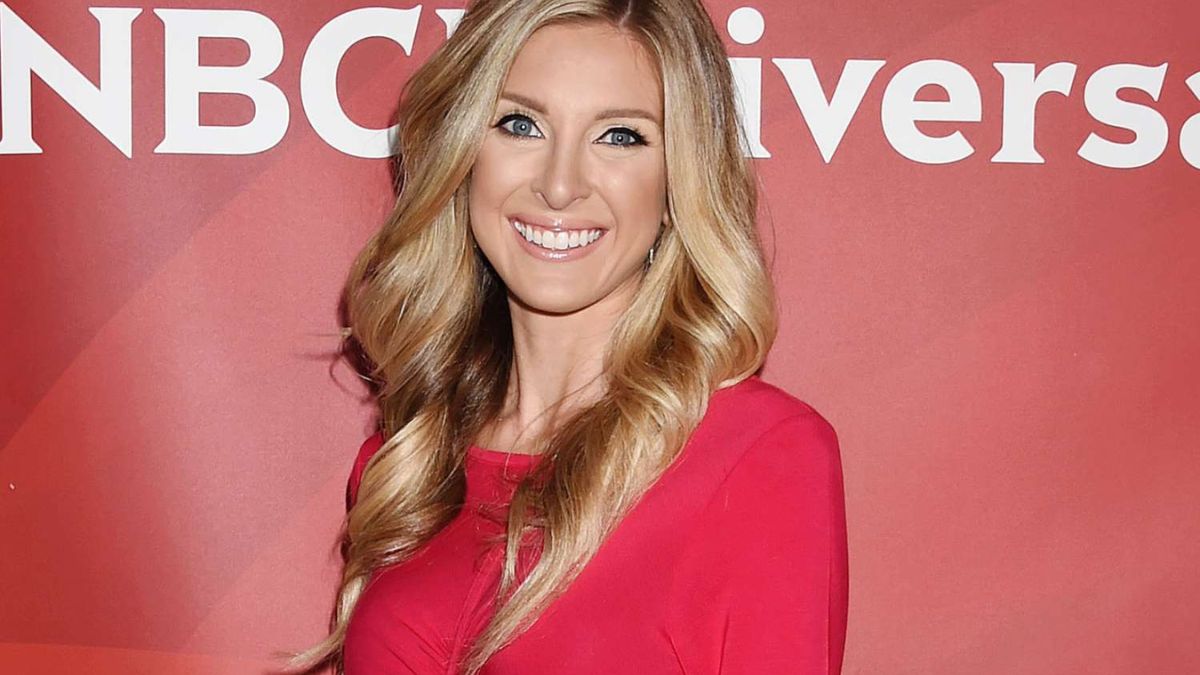In the realm of reality television, the Chrisley family has become famous because to their show “Chrisley Knows Best Daughter Dies.” What happens when a fatal rumour threatens to wreck the family’s life after years of captivating audiences with their dynamic and amusing antics?
The Rumor
A frightening headline on several celebrity news websites said that one of the Chrisley girls had died under mysterious circumstances. Fans were quick to react, expressing their condolences and amazement on social media networks.
Fact-checking
There was initial confusion, but then reputable sources came in to set the record straight. Fact-checking websites disproved the rumour, noting there was no validity to the accusations. The family issued a statement as well, rejecting the unfortunate occurrence and expressing their dismay at the widespread dissemination of incorrect information.
Impact on Social Media
This episode highlighted the influence of social media in disseminating information, both real and misleading. Fans had a wide range of emotions, from relief to rage to scepticism, with much of the action taking place on Twitter. Despite being untrue, the rumour quickly spread online, showing the difficulty of policing misleading information in the modern day.
Grieving Process
Despite their fortitude in the face of the hoax, the Chrisleys and their supporters suffered deeply emotionally. Fans who had previously lamented the “death” of their favourite now had to deal with feelings of betrayal. The family, however, shown resilience and solidarity by talking about their loss and the significance of being there for one another.
The Reality
When the smoke cleared, everyone could see what had really happened. The unfounded rumour prompted discussions on the accountability of the media and the effects of propagating false information. The Chrisleys’ justified indignation led them to pursue legal action against the news outlets responsible for spreading the rumour.
Lessons Learned
This event sparked conversations on media accountability and the need of consumers verifying information before spreading it. Despite their public profiles, even celebrities can be hurt by malicious rumours. The experience of the Chrisley family served as a warning to the media and the general public on the importance of being careful with and sceptical of information.
The Chrisley Family Today
In the aftermath of the catastrophe, the Chrisley family emerged stronger than ever. They kept filming their reality show and used it to speak out against the rumours and give viewers their take on what it’s like to live in the spotlight. They are still working on new projects and interacting with their audience today.
Conclusion
The death rumour surrounding one of the Chrisley Knows Best daughters highlighted the precarious nature of the truth in the information age. While the family pulled through, this episode highlighted the need for media outlets to double check their facts before publishing them. This episode serves as a warning tale about the dangers of unregulated information as viewers continue to enjoy the Chrisley family’s excursions.
FAQ’s
Was the rumor about the Chrisley daughter’s death true?
The rumour was totally untrue, unfortunately. The accusations were debunked after further investigation and a formal declaration from the family.
How did the Chrisley family react to the false news?
The family was so devastated by the rumours that they decided to take legal action against those responsible.
What impact did the rumor have on social media?
The rumour spread rapidly on social media like Twitter, highlighting the difficulty of policing false information in the modern day.
Did the Chrisley family address the incident on their reality show?
The family did, in fact, use their visibility to dispel the rumours by discussing the difficulties of living in the public spotlight.
What lessons can be learned from this incident?
The event highlights the necessity for consumers to check information before spreading it and the need of media accountability.
